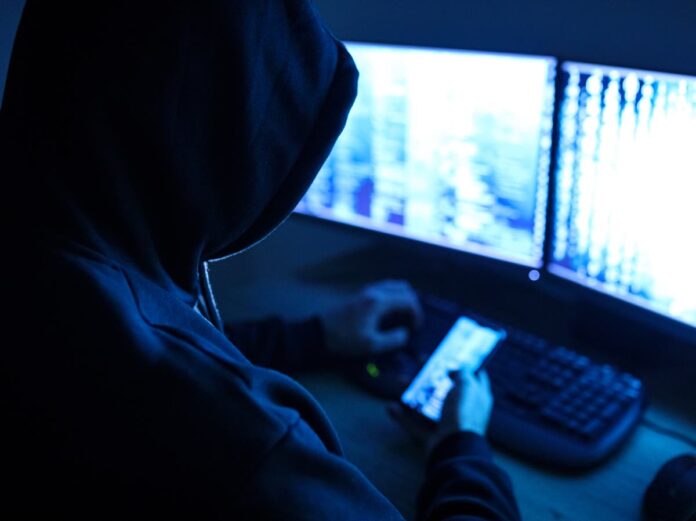As the “information society” matures, we are becoming increasingly aware of its dark sides – and by far the most disturbing among them is the inevitable loss of privacy. In recent years a huge part of major scandals that shook western societies emerged from leaks and hacks when confidential information went public.
Dozens of hacking groups believed to be based in nations like Russia, China, North Korea, and the Middle East have been investigated in recent years – but the Western governments seem to be losing this fight with allegations of state links in a number of cases. Such problems are hard to combat in cyberspace, but for the sake of our freedom we need to try.
One recent case highlighting how vulnerable we all are involved an investigation from Amnesty International (AI) and others into a massive data leak around the use of a professional spyware called Pegasus, which was designed in the mid-2010s by an Israeli company, NSO Group, and supplied to over a dozen of governments.
First found in one smartphone back in 2016, the spyware was considered a real masterpiece as it allowed its users to gather all kinds of information from victims’ phones, including contacts, photos, voice messages, passwords, etc., while being installed through a single text message sent to a mobile device.
AI’s investigation has exposed Great Britain’s particular vulnerabilities. According to the leak, the principal government responsible for selecting numbers from the UK appears to be the United Arab Emirates. At the top of UAE’s hit list in the UK were “politically exposed” emigres based in London, their British lawyers and British journalists and academics critical of the Emirates.
The UK is no stranger to foreign powers targeting those who (mistakenly) believe they enjoy the protections of its laws as evidenced by the savage poisonings of Alexander Litvinenko as well as Sergei and Yulia Skripal.
Western nations simply must do more to strengthen their defences against concerted efforts by both friend and foe alike to compromise the sanctity of its laws and civil safeguards. The NSO example demonstrates that spyware has become an “offensive” tool that foreign governments are using to suppress their political opponents and limit citizens’ liberties. I should mention that very few, if any, US-based mobile numbers appear to have been hacked.
As a first step, the western powers should hold the relevant states and people accountable for such hostile actions. This would also send a strong signal to future transgressors More broadly, collective action at the highest possible level is necessary to stop the rise of internet spying by rogue states and their spy services. The NSO-produced spyware is just the tip of the iceberg: with other companies active in this field, it’s an entire industry that needs to be regulated.
The world’s democracies should agree that any use of spyware is legal only within their own borders, while its application to foreign nationals or their own subjects residing abroad should be authorized by the host governments. The governments that fail to develop such requirements or abuse cyber surveillance tools to spy on dissidents and political critics should be put on a global no-transfer list. The international sharing, transfer and sale of such technologies should be put under strict control, similar to non-proliferation agreements regulating weapons of mass destruction and dual use technologies. If governments demonstrate a pattern of abuse, they should be denied access to any research in the field.
Moreover, the unauthorised use of spyware should be criminalised, which would allow targeted individuals and public entities to sue both the spyware providers and the governments whose responsibility it is to protect their privacy rights.
The NSO scandal has made it clear that we have already stepped over the precipice into a “brave new world” of electronic espionage. This case is of profound importance not only because any liberal government must protect civil rights and enhance security and privacy of its citizens.
The “information revolution” of the last thirty years has completely changed our lives, and we all agree that some part of our privacy is lost. It’s actually the price we pay for enormous amount of services each of us enjoys for free in many cases. It’s the price we pay for our physical security (CCTV cameras in use diminish our privacy, but for the sake of many, including ourselves).
Therefore, the collective action on highest possible level is needed for stopping the rise of internet spying. Because otherwise we may undermine not only people’s trust in governments, but also their faith in both technological and economic progress.
Vladislav L Inozemtsev is a special advisor to MEMRI’s Russian media studies project
Credit: Source link










